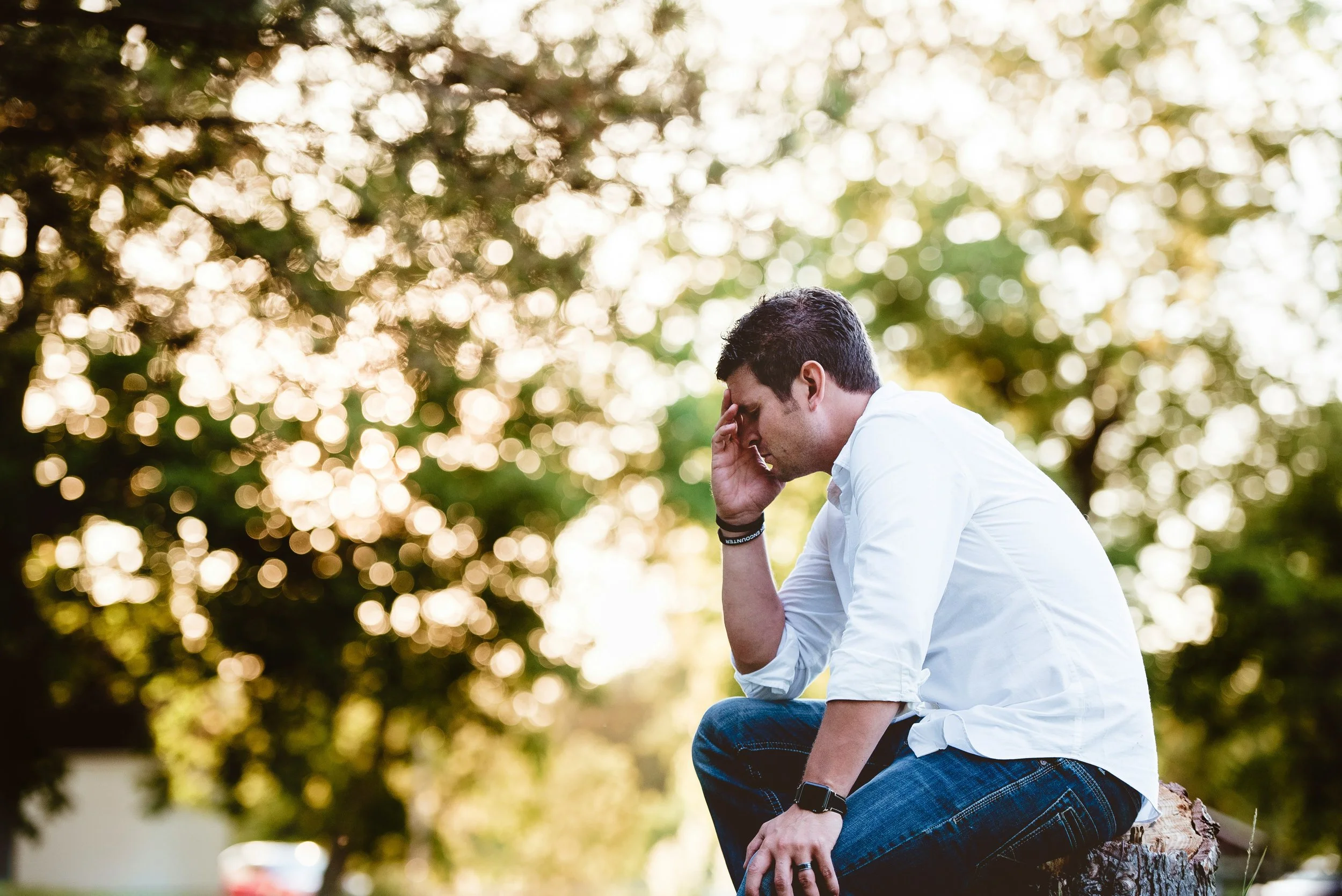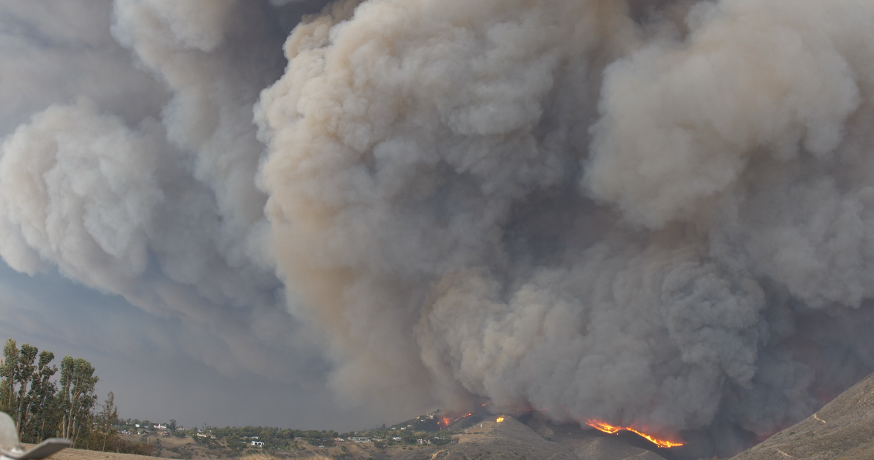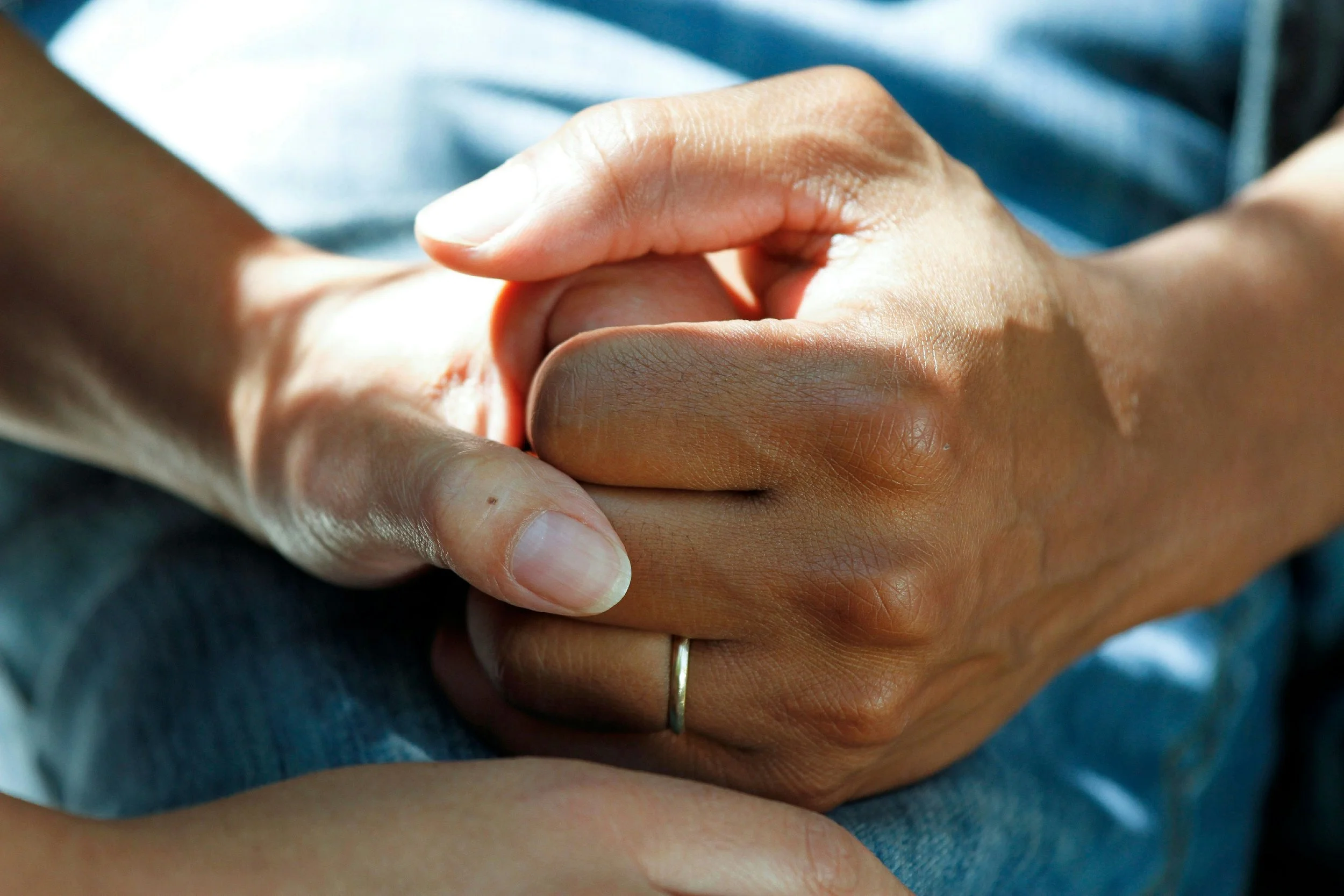Coping with Disaster: Guidance and Self-Care for Those Affected by the LA Wildfires
It’s not just about the stuff you lost.
You have lost the evidence of your life.
- Anonymous survivor
Los Angeles, my lifelong home, is facing wildfires of unprecedented devastation. These are the most destructive fires in the city’s history, with landscapes I never imagined could burn now reduced to ashes. Tens of thousands of my fellow Angelinos are displaced, entire neighborhoods have vanished, and essential services, including schools and the corner grocery store, are lost to the flames.
The disaster has struck deeply personal chords, affecting friends, colleagues, clients, and even the places of my own past, like the Pacific Palisades apartment building where I lived in the 1970s, now just rubble. The emotional impact of these losses is profound, and the community’s heartbreak is palpable.
Amidst this tragedy, my commitment to helping those affected navigate their new normal remains unwavering. I hope this article can serve as a resource for understanding, coping, and beginning the recovery process.
In my work in Critical Incident Response, I've guided countless individuals, businesses, and governmental agencies through the aftermath of major disasters.
Today, I want to share some insights I have gained in 35+ years in the field of disaster mental health: identifying common reactions, self-care strategies, and ways to support both yourself and others during these trying and scary times that are now filled with feelings of un-ease and uncertainty for millions of us who live here. Let’s start with how to recognize common reactions so that we can more effectively cope with them.
Recognizing Stress Reactions
Exposure to a critical incident like a wildfire and loss of your home and community can evoke a wide range of physical, cognitive, emotional, and behavioral reactions.
Here are some questions to think about that can help you begin to assess the current impact of these fires:
Have you noticed any unexpected physical symptoms like headaches, nausea, or dizziness?
Are you struggling with concentration or persistently recalling distressing images?
Do you find yourself feeling unusually irritable or sad, perhaps crying more frequently?
Have your eating or sleeping patterns changed since the incident?
Are you withdrawing from social interactions or activities you used to enjoy?
Do you feel a sense of guilt or helplessness about the event?
Are you experiencing heightened vigilance or sensitivity to your surroundings?
Have you found yourself using alcohol or drugs to numb your feelings?
Is there a change in your interest in daily activities or a lack of motivation to engage?
Are you having trouble making decisions or feeling disoriented about time or place?
In the wake of a disaster, understanding your reactions and how to manage them can be crucial for recovery. This guide outlines common physical, cognitive, emotional, and behavioral responses that many people experience following a traumatic event. These reactions are perfectly normal, even if they feel overwhelming at times. Additionally, you can find practical self-care strategies on the second page to help individuals cope with the aftermath of tragedies. Whether you are directly affected or supporting someone who is; this resource aims to provide valuable insights into managing the emotional and psychological impact of these events.
>> Download the Guide to Managing Stress After a Disaster <<
These responses are normal in the face of an extremely abnormal event. Acknowledging them is one of the healthiest first steps toward promoting your well-being and for those around you. Some of your responses may be immediate. Some will be delayed.
While everyone -- and I mean everyone is vulnerable to being impacted by this level of disaster -- some populations are even more prone to painful experiences. Also, the closer you are to the area of devastation and/or knowing someone who has suffered a loss, the more understandable it is that you, too, may be impacted.
Here is a list of special individuals and groups to be aware of in the face of this ongoing tragedy:
Vulnerable Populations
● Children
● The elderly
● The newly homeless
● New members of the community
● Those who have lived here for all or most of their lives
● Families that have experienced a recent upset, such as a separation or divorce
● Single parent or parents with fewer support resources
● People who have experienced a recent disaster or a close call
● Anyone whose nervous system has recently been stressed for any reason
● Someone who was/is grieving the recent loss of a loved one
● Cannot speak the local language
● Those who are alone
● Medically impaired e.g. disabled, wheelchair-bound, chronic illness
● Those who are mentally impaired
● People who are totally dependent upon the care of others
So, what can we do when faced with all of this?
Self-Care Strategies
In the wake of a disaster, taking care of your mental and physical health is crucial. Here are some strategies to help manage your stress:
● Physical Activity: Engage in physical exercise to alleviate stress. Follow it with relaxation techniques such as deep breathing or meditation.
● Routine: Try to maintain a structured schedule. Even simple activities can bring a sense of normalcy.
● Open Communication: Talk about your feelings. It’s okay to let others know you’re struggling.
● Limit Substance Use: Be mindful of your intake of alcohol or drugs. These can exacerbate stress.
● Connect: Don’t isolate yourself. Spend time with supportive friends or family.
● Journaling: Writing down your thoughts and feelings can be a therapeutic outlet.
● Gratitude: Focus on small things you're grateful for. This can shift your perspective.
● Help Others: Assisting others in their recovery can improve your emotional well-being.
● Set Boundaries: It’s okay to say no or to skip certain gatherings if you feel they might be too much.
● Seek Professional Help: If your symptoms persist and interfere with your life, consider consulting a mental healthcare professional.
For Family Members and Friends
Supporting someone affected by a disaster can also be challenging. Here are ways you can help:
● Be Present: Just being there can be comforting.
● Listen: Allow them to share their feelings without judgment.
● Assist with Daily Tasks: Help with cooking, cleaning, or other chores.
● Give Space: Sometimes the best support is giving someone the room to process their emotions.
Downloadable Resources
For those seeking more detailed guidance or wishing to share these strategies with others, I’ve prepared a downloadable handout. This resource provides further information on recognizing stress symptoms and implementing self-care practices.
>> Download the Guide to Managing Stress After a Disaster <<
As someone deeply connected to the Los Angeles community, I share in the grief and recovery of our city. Remember, it's okay to seek help and to admit you're not okay.
If you or someone you know is struggling with the emotional aftermath of the recent fires, please remember that it's not just about rebuilding places, but also healing people. The feelings you're experiencing are normal reactions to an extraordinary and distressing situation. Remember, it's okay and a healthy sign to admit you're not okay, and you might want some help navigating all of this.
If you're feeling overwhelmed by the current events or their aftermath, remember you are not alone. I offer a free 15-minute consultation to help determine the best path forward for your specific circumstances. Together, we can explore effective coping strategies and ensure you have the support you need during this challenging time.
For further assistance, additional resources are available on my website under the LA Fires section, including guidance on how to help children cope during and after a disaster.
Here are some immediate contacts for emergency support.
Disaster Distress Helpline: 800-985-5990
Los Angeles Department of Mental Health: 800-854-7771
Don’t hesitate to reach out. Help is just a conversation away. For direct crisis response services and support, visit my LA Critical Incident Site - LA Fires Recovery Resources.






